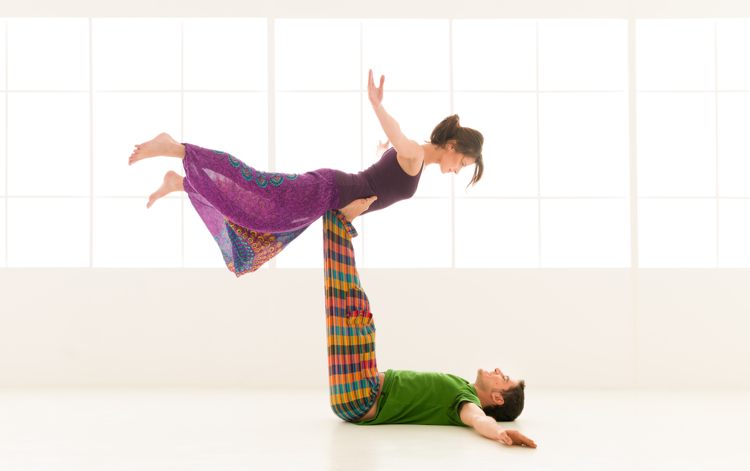Every time I practice yin yoga (a slow movement practice, where poses are typically held for 5 minutes) I meet a consistent disturbance within myself. The disturbance exists in my discomfort with stillness; and in giving in to the gentle opening the long poses initiate. I am so used to movement—be it mental or physical—that when I’m asked to be still (as in the yin practice or meditation) I confront the disquiet that often defines my reality.
Noise and movement is, after all, part of our training; if we’re not DOING something, what are we doing?
As I reflect deeper on this discomfort, I find that what I experience is actually an issue of vulnerability. In yin, as in many moments of my life, when something exposes a part of myself in hiding, I am challenged to confront that which is hidden—to be open to the emotion/experience in hiding and be vulnerable to what it brings.
Often this requires a form of admission, be it personal or in relationship, and deeper still—essentially begs of my capacity to trust.
At the core of vulnerability we find trust
When I contemplate my relationship to trust I find a swirl of confusion. First, it feels like trust isn’t something cultivated in our society. Socially, how can we be in trust as modern human beings when some of our most tightly held ideals, independence and security, inherently deny trust by their very definition?
To be independent is to stand alone, removing ourselves from relationships where we need others. Our sense of life as a competitive struggle marginalizes trust to a vapid pursuit. In this life, skepticism takes center stage.
The drive for security also implies a profound lack of trust in our neighbors, coworkers, leaders, etc. When the goal is to create walls (physical and emotional), again, what place does trust have?
This is real deep territory, so I’ll try and keep this to a single digestible point.
Our capacity to trust, whether within our own body (as in a yin yoga practice), in relationship, or even with the universe as a whole, depends in large part on our willingness to believe in something bigger; to believe in something outside of our current cognition.
When we don't live in trust, we are thinking
How could I possibly trust that this situation will work out when all the facts suggest it won’t?
How can I make this change in my life when I don’t have enough money, my family won’t understand, and I don’t have any experience in this regard?
How could I believe that life is anything but a struggle when that’s all I see?
And when we do trust, we are living from the heart.
The heart has no use for facts or reason. It doesn’t matter if THIS situation doesn’t work out.
“It’s all good” is the heart’s mantra.
Trust Is The Language Of The Heart
Somewhat ironically, what I describe in the opening is actually a roadmap– the road to the heart. Sometimes we can’t get there without traversing the terrain of discomfort, yet it’s imperative that we do.
For it is in that place The More Beautiful Life awaits.


